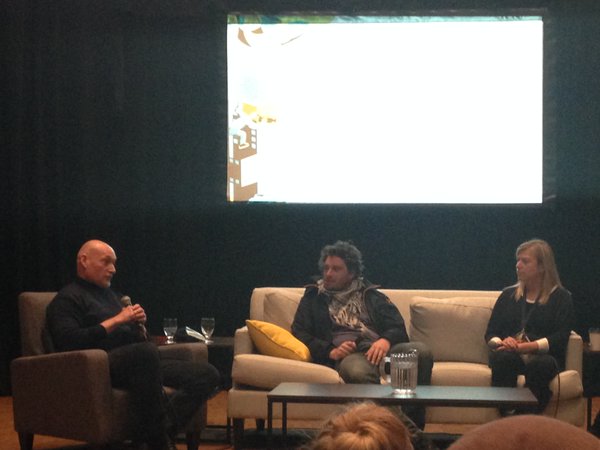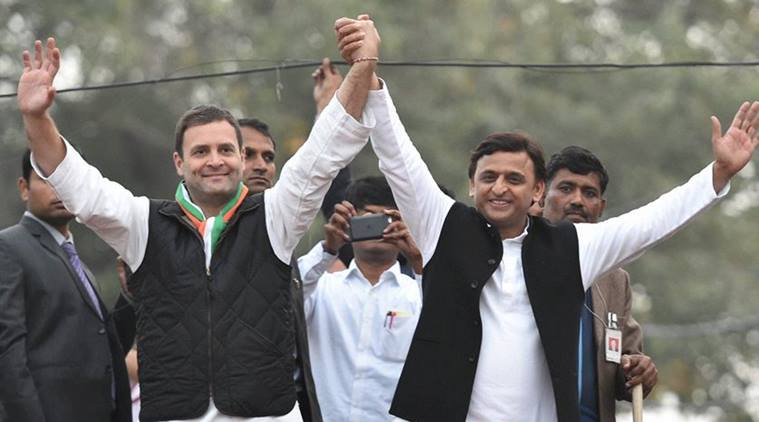On September 11th 2001, the world changed forever. When Al Qaeda claimed responsibility for the murder of 2,996 people after the World Trade Center attacks in New York City, the group became the entire world’s number one enemy.
Out of the ashes of all the wars, violence and killing in the Middle East following 9/11, Daesh was born. Their atrocities have been widely documented and don’t need to be repeated here.
But they’re not the only terror group in the region. You’ll often hear in news reports terms like ‘rebel forces’, ‘Daesh’ and ‘government forces’.
One such group who fall into the ‘rebel forces’ category are Jabhat Al Nusra, who affiliated themselves with Al Qaida until only recently.
Al Nusra associated themselves with Al Qaeda primarily for funding and a footing in the Syrian civil war which broke out in 2011. Despite having a similar end goal in creating an Islamic State and enforcing Sharia Law, they do not believe in the extreme methods undertaken by Daesh or in ‘global jihad’. Their focus is on Syria and overthrowing President Bashar al-Assad.
Clearly they were taken seriously, as the US and the UN took just ten days to brand them as a terror organisation. After a story broke of 20 Assad-supporting civilians being shot in a village, the terror group stories were confirmed despite the Al Nusra hierarchy condemning the acts as ‘undertaken against the orders of the group’.
But these are all things we know, right? If you affiliate yourself with a murderous terror organisation, you’re going to be branded as such, that’s to be expected.
Having spent six months in Syria with rebels from Al Nusra, controversial movie director and journalist Paul Refsdal has tried to paint a different picture.
Focusing on the human aspect of the war, that these soldiers are human beings with lives, too, he created Dugma: The Button, an hour-long movie telling the stories of four suicide bombers on the front line in Syria.
(Sourced from agencies, Feature image courtesy:twitter.com)


























